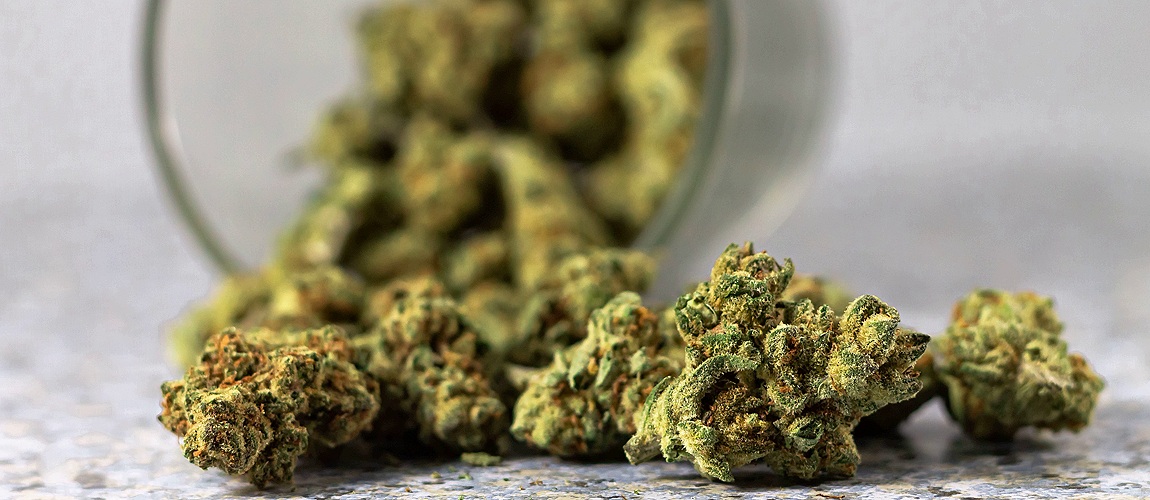Demystifying CBD: Your Guide to Understanding Cannabidiol

Demystifying CBD: Your Guide to Understanding Cannabidiol
In recent years, CBD, or cannabidiol, has emerged from the shadows of its more famous cousin, THC, to take center stage in wellness circles. Heralded for its therapeutic potential and devoid of the "high" associated with cannabis, CBD is creating waves in medicine, cosmetics, and even culinary spheres. If you've found yourself intrigued but somewhat perplexed by this cannabinoid, you're not alone. Let's embark on a journey to better understand CBD.
What is CBD?
CBD is one of over 100 identified cannabinoids found in the Cannabis sativa plant. Unlike THC (tetrahydrocannabinol), which is known for its psychoactive properties, CBD does not induce a high. This distinction is pivotal, as it allows users to benefit from its therapeutic attributes without the mind-altering effects.
CBD's Interaction with the Body
At the heart of CBD's efficacy lies the endocannabinoid system (ECS), a complex cell-signaling system present in all vertebrates. The ECS plays a role in regulating a plethora of functions, including mood, appetite, sleep, and immune system responses.
CBD primarily interacts with the ECS's two main receptors: CB1 (predominantly found in the brain) and CB2 (commonly seen in the immune system). Instead of binding directly to these receptors, CBD influences them to utilize more of the body's naturally produced endocannabinoids.
Spectrum of CBD Products
When venturing into the world of CBD, you'll encounter terms like full-spectrum, broad-spectrum, and CBD isolate:
Full-spectrum CBD: Contains all the phytochemicals naturally occurring in the cannabis plant, including CBD, trace cannabinoids, terpenes, and essential oils. It also includes up to 0.3% THC.
Broad-spectrum CBD: Contains cannabidiol and all the other compounds within the plant, except for THC, which is entirely removed.
CBD Isolate: The purest form of CBD, where all other cannabis compounds have been entirely removed.
Potential Benefits
CBD's foray into the mainstream has been bolstered by its potential therapeutic benefits:
Pain Relief: CBD's anti-inflammatory properties make it a popular choice for managing chronic pain.
Anxiety and Depression: Some studies suggest CBD might offer a natural approach to mental health concerns without the side effects often associated with pharmaceuticals.
Neuroprotective Properties: Promising research indicates potential benefits for neurological disorders such as epilepsy and multiple sclerosis.
Safety and Side Effects
Like any wellness product, CBD isn't devoid of side effects. While generally considered safe, some users report fatigue, changes in appetite, or gastrointestinal issues. It's paramount to consult with a healthcare provider before integrating CBD, especially if you're on other medications.
The CBD Market: Buyer Beware
The burgeoning popularity of CBD has led to a proliferation of products in the market. However, not all CBD is created equal. It's crucial to choose products that offer third-party lab results, ensuring you're getting what's advertised.
Final Thoughts
As with all things, understanding CBD requires a blend of curiosity, research, and personal experience. As studies continue to delve deeper into its potential benefits and mechanisms, the narrative surrounding CBD is sure to evolve.
In the meantime, if you're considering adding CBD to your wellness regimen, approach it with an informed mindset. Embrace the research, ask questions, and most importantly, listen to your body to determine if CBD is the right fit for you.
Fast delivery from 8.9 €
Highest quality standard
Secure payment SSL encryption
Fulfillment in EU warehouse & shipping
